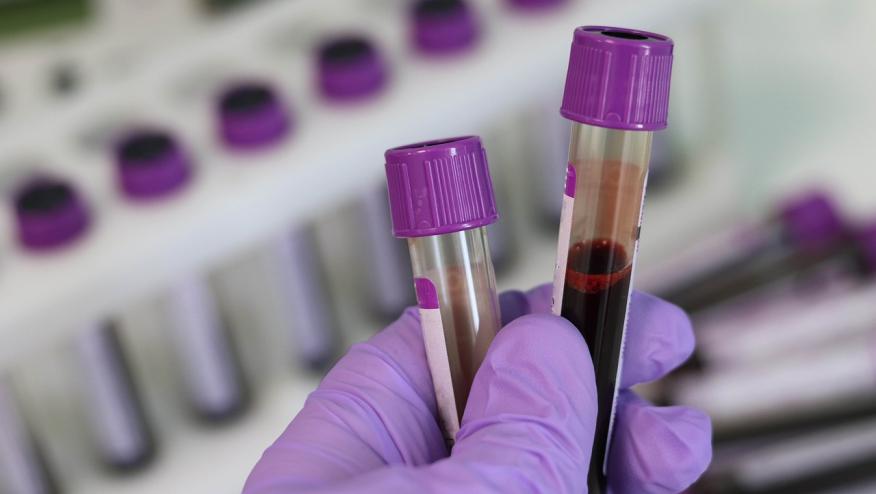Can Biomarkers Improve Cardiovascular Risk Assessments in RA? Save

The TARGET (Treatments Against RA and Effect on FDG PET/CT) trial showed that different treatment strategies equally benefited arterial inflammation (by FDG-PET) in rheumatoid arthritis. A subsequent analysis of these patients showed several candidate biomarkers that may correlate with baseline and treatment‐associated changes in arterial inflammation in patients with RA.
Cardiovascular comorbidity and outcomes are critically important in RA, however usual predictive factors (age, cholesterol, smoking) tend to underestimate cardiovascular risk in RA patients.
The TARGET trial enrolled 115 active RA patients on methotrexate and treated them with either TNF inhibitor or addition of sulfasalazine and hydroxychloroquine (triple therapy) for 24 weeks and then assess vascular outcomes at baseline and 24 weeks by FDG-PET. Both treatment groups clinically improved and lowered their vascular inflammation score; but neither was superior to the other.
In the current subanalysis 109 RA patients (median age 58 years, RA duration 1.4 years, 82% women) were analyzed for 24 different biomarkers.
Overall several biomarkers (serum amyloid A, CRP, soluble tumor necrosis factor receptor 1, adiponectin, YKL‐40, osteoprotegerin) were associated with significant changes in arterial inflammation as measured by FDG PET/CT scan. When these candidate biomarkers were combined with clinical variables, the correlations improved (R2 from 0.20 to 0.33; likelihood ratio P=0.0005).
These candidate biomarkers will be further tested in an external validation cohort for their utility in predicting clinical and CV outcomes.










If you are a health practitioner, you may Login/Register to comment.
Due to the nature of these comment forums, only health practitioners are allowed to comment at this time.